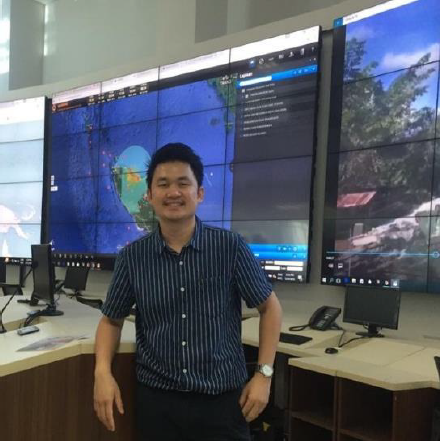

To join the session online, please follow the livestream link.
Early warning systems are increasingly being seen as a paramount service that can save lives and livelihoods from increasingly extreme weather and climate events. There are several initiatives that are being undertaken at the national and international levels on early warning systems. Several countries are also prioritizing early warning systems and have started initiating and/or strengthening EWS in their respective countries.
A global initiative to ensure that everyone on Earth is protected by early warnings by 2027 is being fast-tracked as of March 2023. The UN Secretary-General has convened an Advisory Panel of leaders of UN agencies, multilateral development banks, humanitarian organizations, civil society, insurance and IT companies on 21 March. The aim is to inject more political, technological and financial clout to ensure that Early Warnings for All becomes a reality for everyone, everywhere.
WMO and the United Nations Office for Disaster Risk Reduction (UNDRR) are spearheading the Early Warnings for All initiative, along with the International Telecommunication Union (ITU) and the International Federation of Red Cross and Red Crescent Societies (IFRC).
The Climate Risk and Early Warning Systems initiative is a mechanism that funds Least Developed Countries (LDC) and Small Island Developing States (SIDS) for risk-informed early warning systems, implemented by 3 partners, based on clear operational procedures. CREWS works directly with countries to increase the availability of, and access to, early warning systems.
The Green Climate Fund (GCF) through its Simplified Approval Process (SAP) and the Climate Risk and Early Warning Systems (CREWS) convened 70 experts and development partners in January 2023 to validate the Scaling up Framework, which will facilitate access to financing to develop early warning systems for countries that are most vulnerable to the impacts of climate change. The collaboration is expected to provide developing countries that have successfully implemented projects with CREWS funds, faster access to climate finance through the GCF SAP.
Presentations:
Dr. Niladri Gupta, ADPC, Moderator
Mr. Amir H. Delju, WMO – UN Early Warnings for All initiative
Mr. Freddy Soto, GCF – GCF- SAP CREWS Scaling Up Framework for Early Warning
Mr. Tavanh Kittiphone, Laos – Country experience with EWS focusing on success stories
 Dr. Niladri Gupta
Dr. Niladri Gupta
 Mr. Amir H. Delju
Mr. Amir H. Delju
 Mr. Freddy Soto
Mr. Freddy Soto
 Mr. Tavanh Kittiphone
Mr. Tavanh Kittiphone